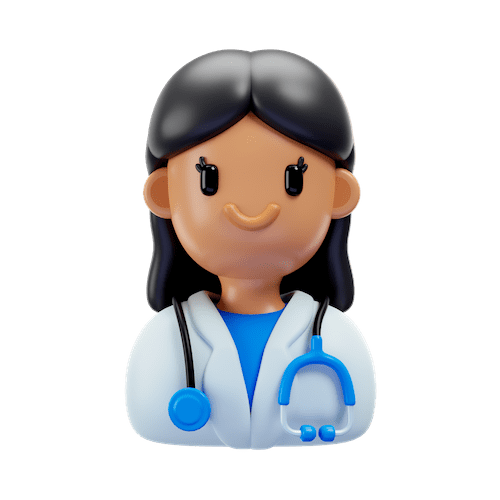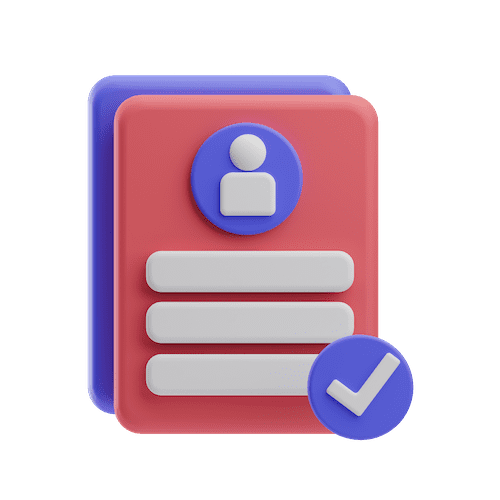A notorious companion at the beginning of your pregnancy is morning sickness, which usually happens between six to eight weeks. This manifests in bouts of nausea and sporadic vomiting. It may be called Morning sickness, but it can hit any time of the day,
Do you know that about half to two-thirds of all pregnant women experience morning sickness during their initial pregnancy? Having proper knowledge about this could be very effective in handling it and this could help make this challenging phase more manageable, especially for those women who are embracing motherhood for the first time.
What is meant by Morning Sickness?
In early pregnancy usually, women suffer morning sickness including nausea and vomiting.
This begins around the sixth week of pregnancy and goes away by weeks 12 to 14 on its own. Although 1 in 5 women suffer this till their second trimester and few have to cop with it for the entire duration of their pregnancy. Morning sickness is harmless to the child and the mother but, severe morning sickness also known as hyperemesis gravidarum, includes uncontrolled nausea and vomiting, weight loss, and dehydration and needs immediate medical attention.
8 Signs of Morning Sickness
Primary symptoms of morning sickness include:
- Vomiting
- Nausea
- Sudden dislike towards some dishes or food aversion
- Loss of appetite
- Sensitivity in smell
- Fatigue
- Reflux
- Dizziness
The severity and duration of these symptoms might differ depending on the condition. Some moms-to-be also suffer anxiety and depression due to the continuous discomfort.
What Causes Morning Sickness
The actual cause of this condition in pregnancy is unclear, though it is a combination of different factors, which include:
⦁ An increase in human chorionic gonadotropin or HCG and oestrogen levels spike the hormonal changes
⦁ When blood sugar levels are low
⦁ Metabolism changes
⦁ Fluctuation in BP (blood pressure)
⦁ The immune system gets some alterations and changes
⦁ Many chemical and physical changes arise during pregnancy and they are linked with this condition, although individual experiences may vary.
When does sickness start?
Pregnant females encounter nausea around the sixth week of pregnancy. It needs to be mentioned here that this entirely depends on the condition and some people might start having symptoms from the fourth week or could start having morning sickness from the eighth week primarily around 12 to 14 weeks (about 3 months) of pregnancy.
When is the peak of this condition in pregnancy?
Usually, this condition is at its peak during the eighth week to twelfth week of pregnancy, whereas many women suffer severe symptoms during this tenure. Nausea accompanied by vomiting starts as early as six weeks of pregnancy and usually ends by the fourteenth to sixteenth week, which is about three and a half months.
Some of the females suffer these symptoms even after the first trimester, and few face these during the whole pregnancy. nausea and vomiting is spiked by many factors such as hormonal fluctuations, stress, and individual susceptibility. It’s recommended to get a consultation from your gynaecologist if the symptoms are severe and prolonged.
How long does Morning Sickness Last?
This condition usually lasts from one month to three months of pregnancy. Most of the women feel better by the end of their first trimester. But in some cases, the morning sickness prevails till the second trimester and rarely up to the last trimester as well
Managing morning sickness
Effective strategies for managing this condition:
- Eat small, frequent meals: Opt for smaller meals throughout the day instead of three large ones to maintain steady blood sugar levels and alleviate nausea.
- Choose bland foods: Select bland, easy-to-digest items like crackers, bread, rice, or bananas to help settle your stomach.
- Stay hydrated: Keep yourself hydrated by drinking plenty of water, ginger tea, or electrolyte drinks, especially if you’re feeling nauseated.
- Ginger remedies: Consider using ginger to reduce nausea; ginger tea, ginger ale, or ginger candy can be effective.
- Avoid triggers: Identify and steer clear of foods, scents, or situations that trigger your nausea, though this may require some trial and error.
- Rest: Manage stress by getting plenty of rest and practising relaxation techniques such as deep breathing or meditation.
- Acupressure: Some individuals find relief from acupressure; wearing acupressure bracelets might help, even though there’s no scientific evidence to support this.
- Vitamin B6 supplements: Consult your doctor about taking vitamin B6 supplements, which can help alleviate morning sickness symptoms.
- Medication options: For severe symptoms, your healthcare provider may prescribe safe anti-nausea medications.
- Avoid lying flat: Refrain from lying down after eating; sitting up or elevating your head can help reduce nausea.
Benefits of telehealth in pregnancy and for morning sickness
Telehealth is a very beneficial way for pregnant ladies to get some rest or those suffering from morning sickness can get medical advice as soon as possible. This source allows you to consult with online healthcare practitioners and get advice or a prescription. If you want a leave due to severe morning sickness medical certificate could also be of help. Moms don’t have to drive to the clinic for morning sickness as medical help through advice is just one click away.
Moreover, telehealth makes follow-ups and prescription refills much easier, ensuring safety and comfort. Overall telehealth has improved access and decreased travel stress, which has encouraged continuous contact with medical practitioners during pregnancy. Keep in mind, that while it’s a demanding stage of the journey, it’s an amazing milestone on the path to the great experience of creating a new life.










